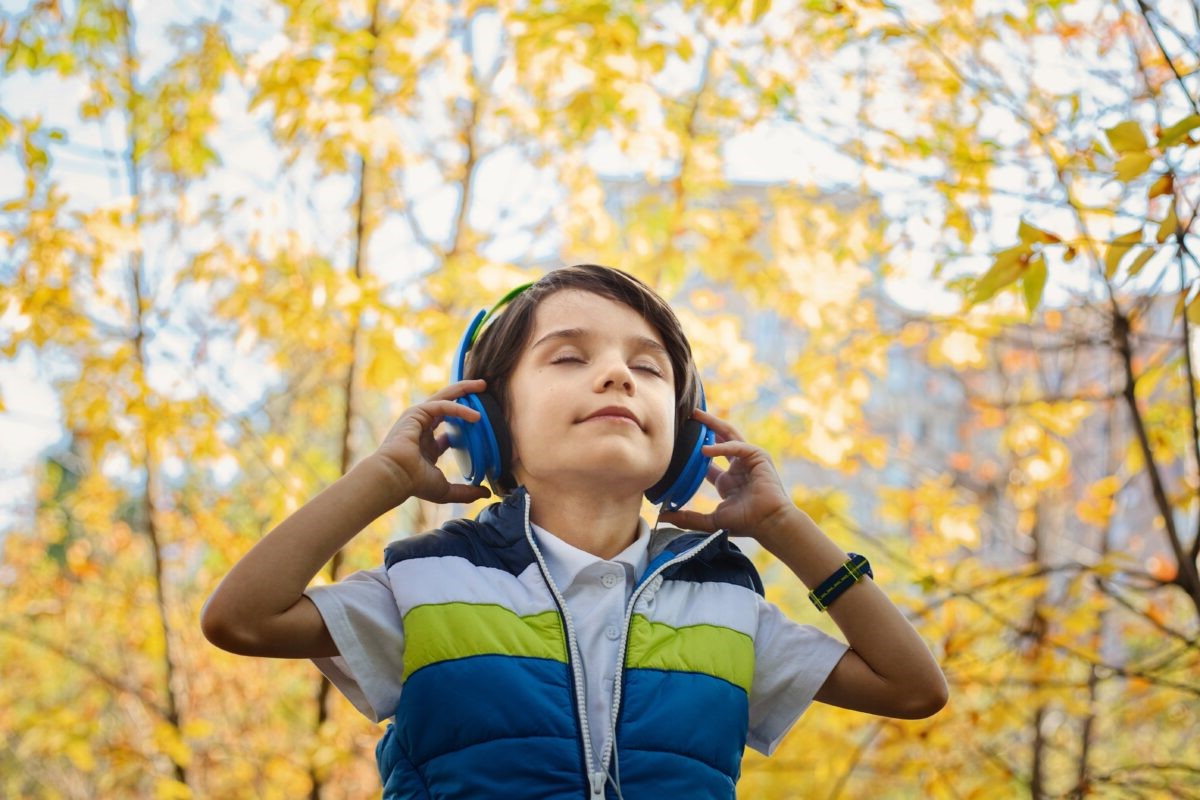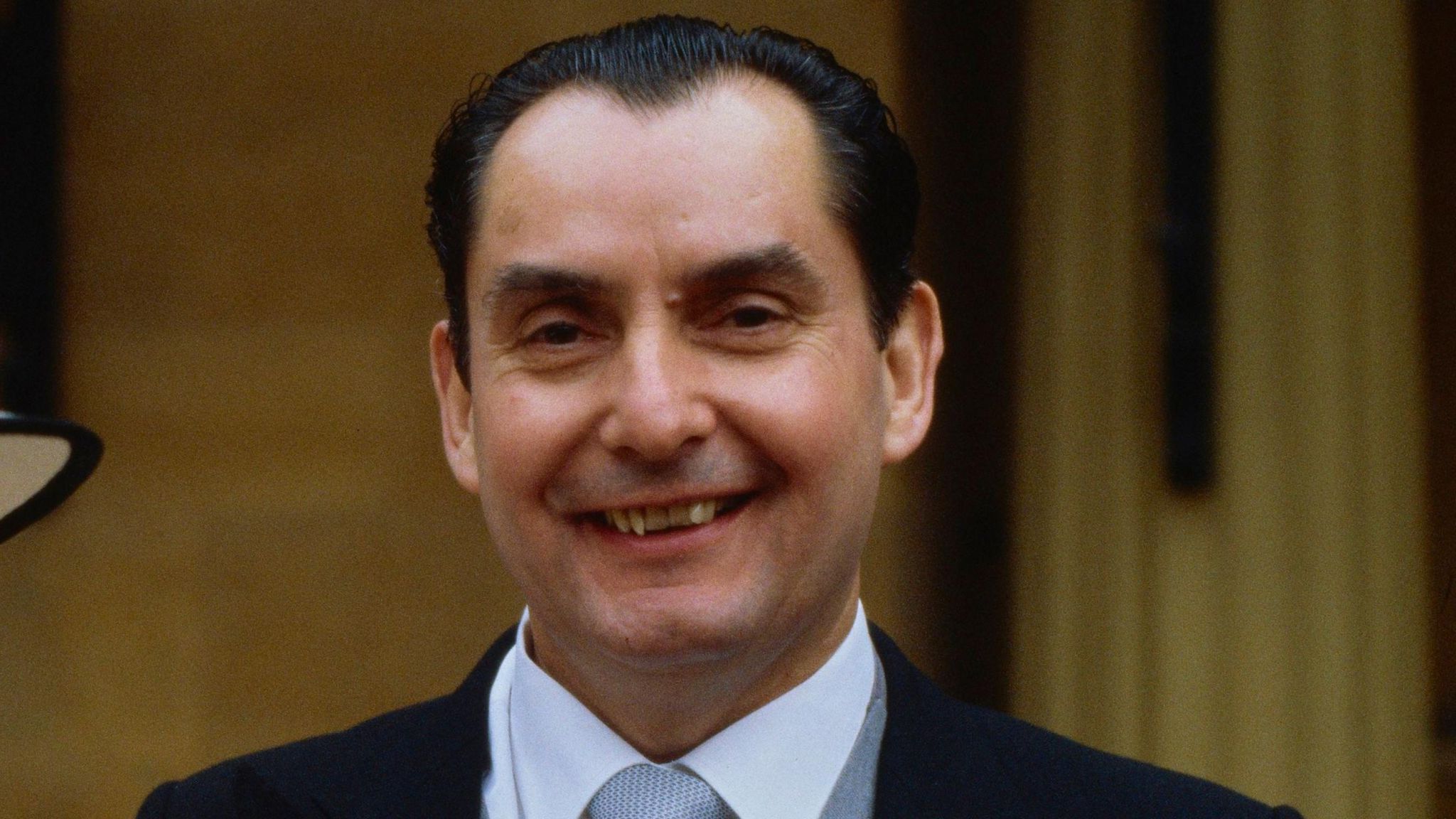
Can music therapy genuinely make a difference for individuals with ADHD? Absolutely, and here's why. ADHD, or Attention Deficit Hyperactivity Disorder, affects concentration, impulse control, and activity levels. Traditional treatments often include medication and behavioral therapy, but an innovative approach has been making waves: music therapy. This method isn't just about listening to calming tunes; it's a structured use of music to achieve therapeutic goals, such as improving focus, reducing impulsivity, and enhancing emotional regulation. With ADHD impacting both children and adults, finding effective, engaging, and non-pharmacological interventions is crucial. In this post, we'll dive into ten compelling facts that highlight the benefits of music therapy for those with ADHD, offering insights into how rhythms and melodies can be powerful tools in managing symptoms and improving quality of life.
Understanding ADHD
Attention Deficit Hyperactivity Disorder (ADHD) is a neurodevelopmental disorder characterized by patterns of inattention, hyperactivity, and impulsivity that are more frequent and severe than typically observed in individuals at a comparable level of development. While ADHD affects both children and adults, symptoms can vary significantly between individuals and across different ages.
The Role of Music Therapy in ADHD Management
Music therapy employs music to address the physical, emotional, cognitive, and social needs of individuals. For those with ADHD, it can be particularly beneficial, offering a non-traditional approach to managing symptoms and improving quality of life. Through engaging in music therapy, individuals with ADHD can experience improvements in focus, emotional regulation, and social interactions.
-
Music therapy enhances focus and attention. Individuals with ADHD often struggle with maintaining attention on tasks. Music therapy activities, designed to require sustained attention to rhythm, melody, and instruction, can help improve these skills over time.
-
It promotes emotional regulation. Music can evoke a wide range of emotions and, through music therapy, individuals with ADHD can learn to identify, express, and manage their emotions more effectively.
-
Music therapy improves social skills. Group sessions provide opportunities for social interaction, cooperation, and the development of interpersonal skills, which are often areas of difficulty for those with ADHD.
-
It offers a multisensory experience. Engaging with music involves hearing, sight, touch, and sometimes movement, providing a rich sensory experience that can help improve sensory integration and processing.
How Music Therapy Works for ADHD
Music therapy sessions for ADHD can be tailored to the individual's needs, preferences, and therapeutic goals. These sessions may include activities such as playing instruments, singing, writing songs, or listening to music. The structure and predictability of music therapy sessions can also provide a sense of security and routine for individuals with ADHD, helping to reduce anxiety and improve behavior.
-
Music therapy sessions are highly customizable. Therapists can adapt activities to suit the age, interests, and therapeutic needs of each participant, making it a versatile approach to ADHD management.
-
It utilizes the brain's natural response to music. Music activates various areas of the brain, including those involved in emotion, memory, and motor control, which can be beneficial for individuals with ADHD.
-
Music therapy can improve academic performance. By enhancing focus, memory, and executive functioning skills, music therapy can indirectly support better performance in school or work settings.
Research and Evidence Supporting Music Therapy for ADHD
A growing body of research suggests that music therapy can have positive effects on the symptoms of ADHD. Studies have shown improvements in attention span, behavior, and emotional well-being among participants who engaged in music therapy.
-
Studies show reduced impulsivity and improved behavior. Research indicates that individuals with ADHD who participate in music therapy sessions exhibit fewer impulsive behaviors and better overall behavior management.
-
Music therapy is linked to better attention and focus. Clinical studies have found that music therapy can lead to significant improvements in attention span and focus in individuals with ADHD.
-
It supports overall mental health. Beyond the direct benefits for ADHD symptoms, music therapy can also contribute to improved mental health, reducing symptoms of anxiety and depression that often accompany ADHD.
Music therapy offers a unique and effective approach to managing ADHD, providing benefits that extend beyond symptom management to support overall well-being and quality of life.
Harmonizing ADHD Management with Music
Music therapy offers a unique avenue for managing ADHD, blending rhythm and melody to foster focus, emotional regulation, and social skills. This approach isn't just about hitting the right notes musically but also about striking a chord with those who experience ADHD in their daily lives. Through personalized sessions, individuals can discover new ways to channel their energy and attention in positive, harmonious ways. Whether it's improving concentration, reducing impulsivity, or enhancing self-expression, music therapy holds the potential to orchestrate significant improvements in the lives of people with ADHD. Encouraging engagement with music, as part of a broader ADHD management strategy, can lead to more serene and focused minds. So, let's embrace the power of music as a tool for change, offering a soundtrack to a more balanced and attuned life for those with ADHD.
Was this page helpful?
Our commitment to delivering trustworthy and engaging content is at the heart of what we do. Each fact on our site is contributed by real users like you, bringing a wealth of diverse insights and information. To ensure the highest standards of accuracy and reliability, our dedicated editors meticulously review each submission. This process guarantees that the facts we share are not only fascinating but also credible. Trust in our commitment to quality and authenticity as you explore and learn with us.


